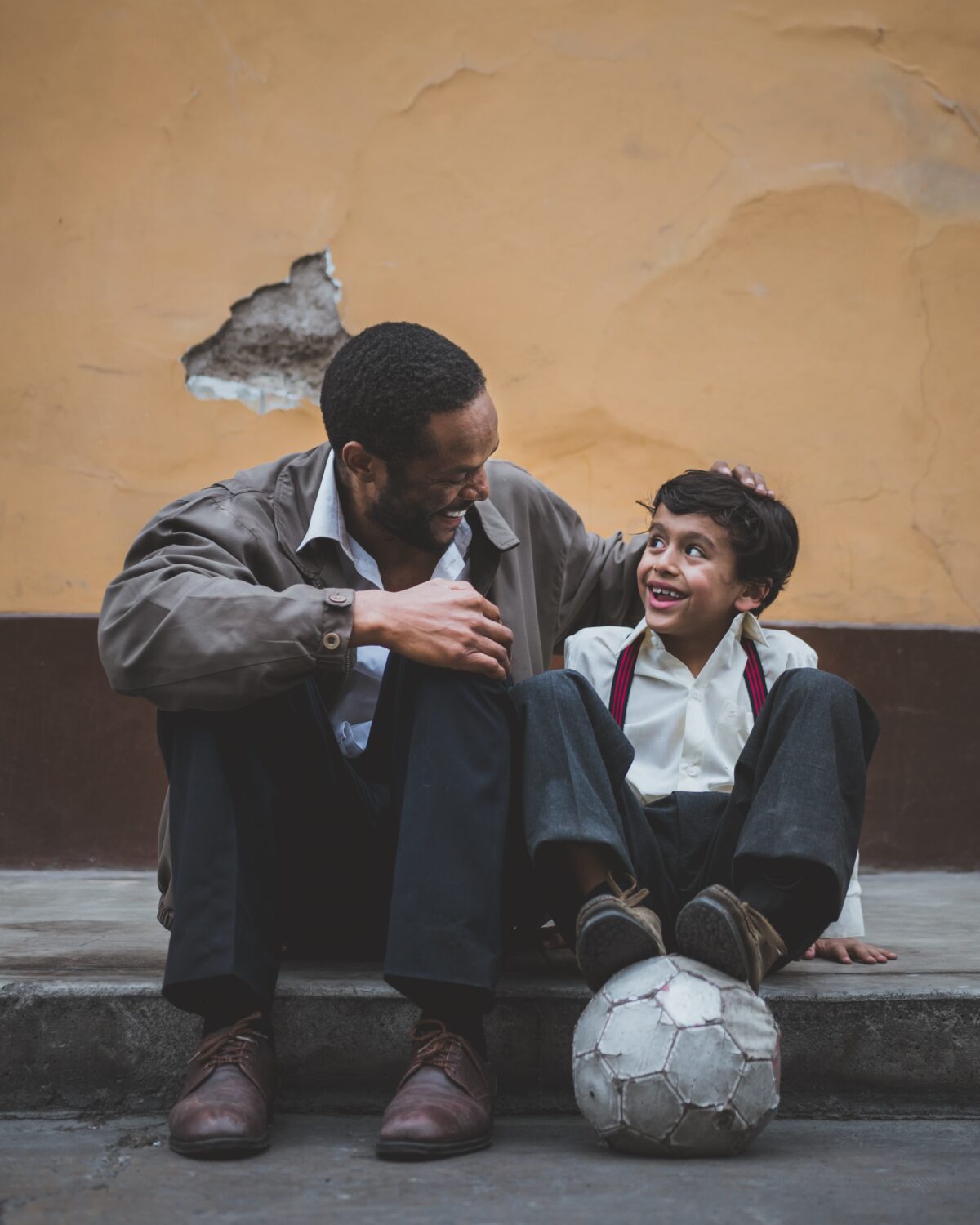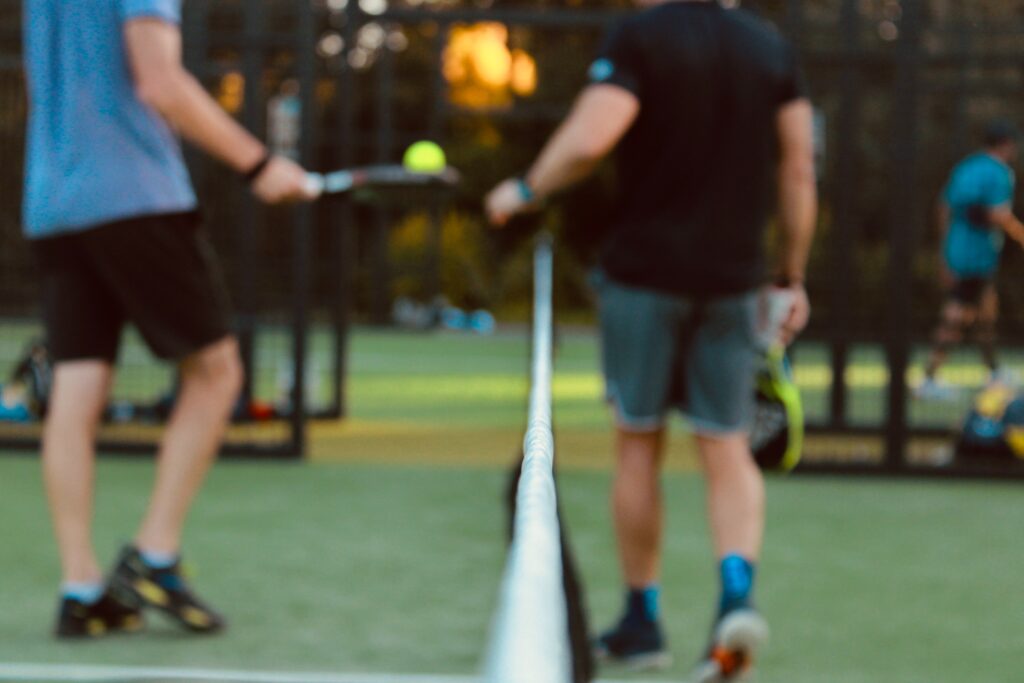How to Be a Better Athlete Parent
September 27, 2022

My diverse background includes over a decade of coaching high school athletics and coaching my own child in athletics. I have seen all types of relationships with parents from helicopter parents to parents seen less often than sasquatch and everyone in between. I got to see thousands of interactions, parenting styles, and ways parents can be a significant pillar of support in their child’s life.
Lesson 1: What Type of Feedback Are You Giving?
The first lesson I learned early in life, providing unconditional love is the job of a parent. Unconditionality is a commitment to accept and love your child at all times no matter what they have done. Simple but not easy.
A simple way to implement this is to ask yourself, moment to moment, do you teach your child to be curious and conscientious? Do you teach your child that conscientiousness means you are aware of how you affect people or does it mean how other people view you? The first can teach self-awareness and consideration for others while the latter can teach children shame by focusing on upholding certain expectations and images of their parents, teachers, and peers.
The parents whom I admired most had skillfully developed a form of feedback that would lead with inquiry instead of correction. Their children are now all highly successful, they all work in careers that feel like callings and their relationships are healthy.
Lesson 2: Focus On the Process Not the Result
The next lesson came from the positive coaching alliance and Doc Rivers. Doc recommends parents be interested in the experience as opposed to the results and let their offspring lead the conversation on the car ride home. This gives them the time to reflect on their experience, learn how to initiate conversations, and gives them a chance to process their emotions. This process also creates a deeper enjoyment of their sporting experience, which may lead them to become adults who love being active.
This lesson was driven home again in my master’s program in kinesiology. A kinesiology program is an academic home for athletes and I was surrounded by youth coaches. In our class discussions, youth sports implications would commonly be discussed. The nightmare parent stories aside, we also shared a lot of insights about the great parenting we experienced as coaches.
Some of the ideas were obvious, such as understanding how teenagers have a biologically limited attention span, making lectures completely meaningless in this age group. Some were more subtle: giving feedback in specific ways, such as intentionally pointing out the evidence of improvements you know that your student-athlete has been working on and acknowledging and praising effort that is conscientious and intentional. We talked in depth about concepts such as growth mindsets and how to nurture them. This continuously came back to the need for parents to acknowledge improvements and to let go of results. We never found any scientific evidence that supported winning as an important factor in any aspect of youth sport.

In earning my doctorate in performance psychology, we went deeper into this growth concept. Growth, resiliency, and mental toughness are all similar terms to describe attributes we teach through athletics. Athletics however is only a training ground for these mental attributes. There is nothing inherent about making a varsity team that creates these, it is the way the experience is interpreted by the athlete that will determine the personal outcomes from any season.
How an athlete experiences sport depends upon the ways a parent encourages, becomes involved, and is tactically helpful. Parents instruct more through their actions than their words and youth are more likely to mirror their parents than any other group when it comes to sport and physical activity. How the parents respond in critical situations will instruct their athletes on how to respond to success and failure as well as setbacks and shortcuts. Demonstrating resilience in the forms of continued interest, problem-solving, and good preparation shows youth positive ways to act in the future.
Last Thoughts: Self-practice First
As a parent, I learned how easy it could be to get caught up in moments. I needed to remember to use mindfulness techniques to let go of the desire for a result. I needed to use my eyes and ears to remind myself that my ego had no place in my daughter’s sport participation. I also needed to remind myself of my intentions, to develop a love for physical activity in her, and to give her experiences of personal mastery. If you go back to the first thought, provide unconditional love, you can find the version of you to self-correct when you do find yourself focused on your child’s result as opposed to your child.
Being a parent is not a simple task. Building the support networks that can support that work will have massive benefits. Counseling and personal coaching are two forms of support that are offered at Aspen Valley Wellness. Having someone who can reflectively listen to your thoughts and concerns is an effective way to create a clearer picture of whom you want to be in the bleachers and drive home. That clearer picture will help you grow as a sports parent.
